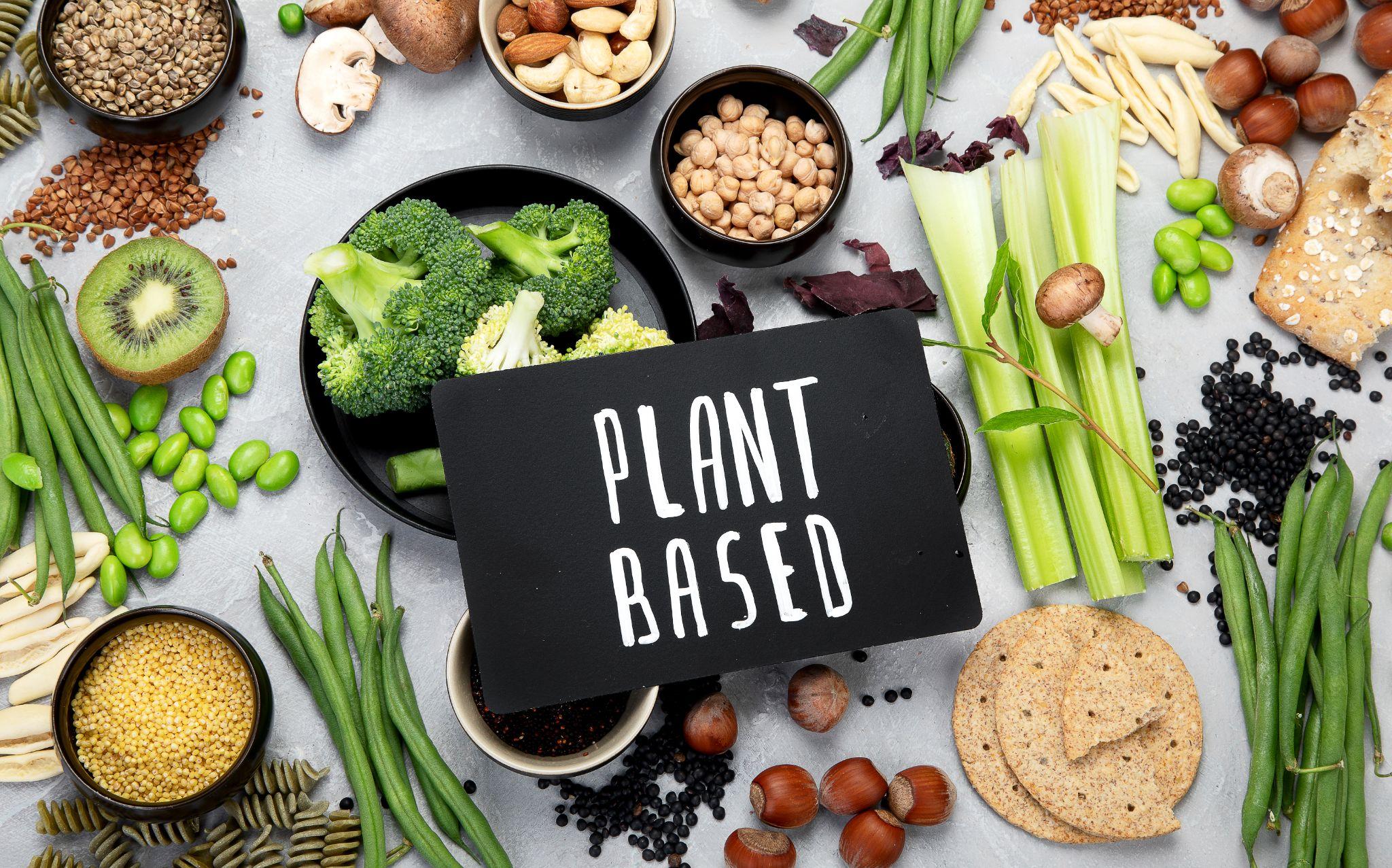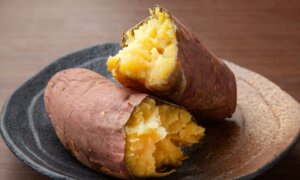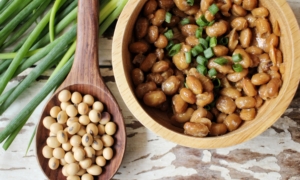Statins, commonly used to lower cholesterol, are particularly effective at reducing low-density lipoprotein cholesterol (LDL-C), often referred to as “bad” cholesterol. About 40 million people in the United States take this class of medications.
However, statins can cause a wide range of side effects, including muscle pain, elevated blood sugar levels, and reversible impairment of cognitive function.
This article introduces four alternative approaches to help maintain healthy cholesterol levels.
Modify Your Diet
The first step is to make changes to your diet. A plant-based diet can significantly lower both total cholesterol and LDL levels.
A systematic review published in the European Heart Journal in 2023 highlighted the cholesterol-lowering effects of a plant-based diet. The review analyzed 30 studies, 18 of which were conducted in the United States. The findings revealed that, compared to omnivorous diets, plant-based diets reduced LDL cholesterol by 10 percent, total cholesterol by 7 percent, and apolipoprotein B, the main protein in LDL cholesterol, by 14 percent.
One of the most well-known cholesterol-lowering diets is the Mediterranean diet. It focuses on the intake of fruits, vegetables, whole grains, and fish, as well as healthy fats such as olive oil. This diet has been proven to lower cholesterol levels and mitigate the risk of cardiovascular disease.
A clinical trial published in The Lancet in 2022 demonstrated that for patients with coronary artery disease, the Mediterranean diet is more effective than a low-fat diet. While both diets can help prevent cardiovascular events such as heart attacks and strokes, the Mediterranean diet reduced the risk by 26 percent more than the low-fat diet. The benefits were more pronounced for men, with the Mediterranean diet lowering the risk of disease or death by 33 percent more than the low-fat diet. No difference was found for the women in the study.
Foods high in soluble fiber, such as oats, barley, and legumes, can help lower LDL cholesterol levels. A study found that consuming three grams of beta-glucan, a soluble fiber found in oats, daily can reduce LDL cholesterol by 0.25 mmol/L and total cholesterol by 0.30 mmol/L, without affecting high-density lipoprotein (HDL) cholesterol, often known as “good” cholesterol. The optimal LDL cholesterol level should be less than 2.6 mmol/L. People are diagnosed with hypercholesterolemia if their LDL cholesterol is above 3.4 mmol/L.
Take Certain Supplements
In addition to diet, supplements such as plant sterols or plant stanols, which are derived from fruits, vegetables, nuts, and grains, help block the absorption of cholesterol in the gut.
One study suggested that taking 2 grams of phytosterol daily can reduce LDL cholesterol by about 9 percent.
Another option to consider is omega-3 fatty acids, found in fish oil and flaxseed oil. A study found that taking more than 2 grams of omega-3s daily can lower triglycerides and cholesterol levels, without affecting HDL cholesterol. It is recommended to either supplement your diet with omega-3s or include fatty deep-sea fish in your diet to achieve similar benefits.
Red yeast rice is another supplement to consider, as it contains monacolin K, a natural form of lovastatin, a common statin medication. Research has shown that red yeast rice can effectively lower LDL cholesterol levels, with results comparable to those achieved by moderate-intensity statin medications.
Improve Lifestyle Habits
Another approach to lowering cholesterol is to change your lifestyle habits, as they play a crucial role in managing healthy cholesterol levels.
The first lifestyle change to make involves exercise. Research has demonstrated that regular exercise helps increase HDL while lowering LDL cholesterol and triglycerides. Aerobic activities such as walking, running, and cycling are particularly effective.
Additionally, maintaining a healthy weight is crucial. Losing weight through diet and exercise can significantly improve blood lipid levels.
Smokers are strongly encouraged to quit. Research has found that quitting smoking can rapidly increase HDL cholesterol levels. Smoking damages the inner lining of blood vessels, making them more likely to develop plaque, which is made up of cholesterol and fatty substances.
Also, quitting smoking reduces the risk of cardiovascular disease and helps prevent other conditions, such as lung cancer and emphysema.
Explore Other Alternative Medications
Some nonstatin medications can help lower cholesterol and are suitable for patients who cannot tolerate statins or whose cholesterol levels remain high despite statin treatment:
- Bile Acid Sequestrants: These medications bind to bile acids in the gut, reducing cholesterol absorption from food and prompting the liver to convert more cholesterol into bile acids for excretion. Bile acid sequestrants are often used in combination with other medications.
- Ezetimibe: Similarly, Ezetimibe reduces cholesterol absorption in the small intestine, which in turn lowers LDL cholesterol levels. It is typically used as an adjunct to statin medications.
- PCSK9 Inhibitors: PCSK9 inhibitors are injectable medications that enhance the liver’s ability to clear LDL cholesterol, leading to a substantial reduction in cholesterol levels. One study indicated that these drugs are effective in treating familial hypercholesterolemia (high cholesterol levels in the blood).
Making dietary and lifestyle changes, increasing physical activity, using supplements, and exploring alternative medications can all contribute to maintaining healthy cholesterol levels. Those with high cholesterol levels should consult with their doctor and an experienced integrative medicine specialist to find the approach that best suits their needs.













